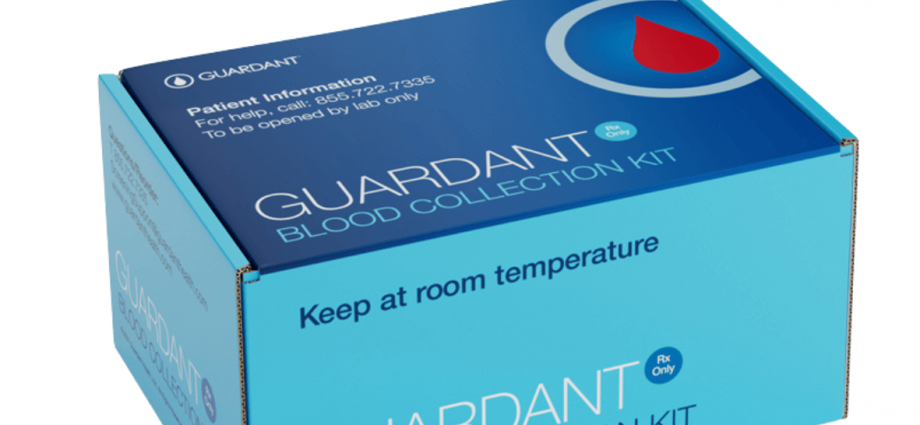FRIDAY, May 24, 2024 (HealthDay News) — A U.S. Food and Drug Administration advisory panel on Thursday recommended the approval of a new blood test that can spot colon cancer.
The panel voted 7-2 that the benefits outweighed the risks when using the Guardant Health’s Shield test for colon cancer.
“The advisory committee’s strong support for the approval of Shield reinforces the crucial role that a blood test option can have in improving [colon cancer] screening rates for those at average risk,” Guardant co-CEO AmirAli Talasaz, said in a company news release announcing the panel vote.
“Despite the importance of detecting colorectal cancer early, there are notable barriers that can deter average-risk Americans from completing existing screening methods,” Talasaz added. “Shield effectively detects cancer at an early stage when it is most treatable. Providing people with this blood test alongside other noninvasive stool tests can increase the rate of colorectal screening and potentially reduce preventable [colon cancer] deaths.”
If approved by the FDA, Shield would become the second blood-based colon cancer test in the United States: Epigenomics’ Epi proColon was approved in 2016.
Roughly 150,000 U.S. patients are diagnosed with colon cancer annually and it is the second-leading cause of cancer fatalities in the country, with more than 50,000 deaths each year, according to the American Cancer Society.
Currently, colonoscopy is the gold standard test for colon cancer, but adherence to it is low because it is invasive and preparation for the test is daunting. Other tests include fecal tests such as Exact Sciences’ Cologuard, but blood-based tests are considered more convenient, NBC News reported.
Panelists raised concerns that Guardant’s test was not as accurate as colonoscopy, especially as Shield detected only 13% of pre-cancerous tumors called advanced adenomas, NBC News reported. This issue was also raised by FDA staff in briefing documents.
Guardant’s application for approval was based on a study that showed the test detected 83% of colon cancers, according to the FDA documents.
Shield “is better than nothing, but I don’t want to downplay the issue that this test is going to miss a lot of cancers,” panel member Charity Morgan, a professor in the department of biostatistics at University of Alabama, said during the panel meeting, NBC News reported.
The company expects the test will need to be repeated every one to three years, Guardant Health executive Victoria Raymond said during the meeting, but added that “colonoscopy should be the prioritized option,” NBC News reported.
More information
The American Cancer Society has more on colon cancer.
SOURCES: Guardant Health, news release, May 23, 2024; NBC News
Copyright © 2026 HealthDay. All rights reserved.

